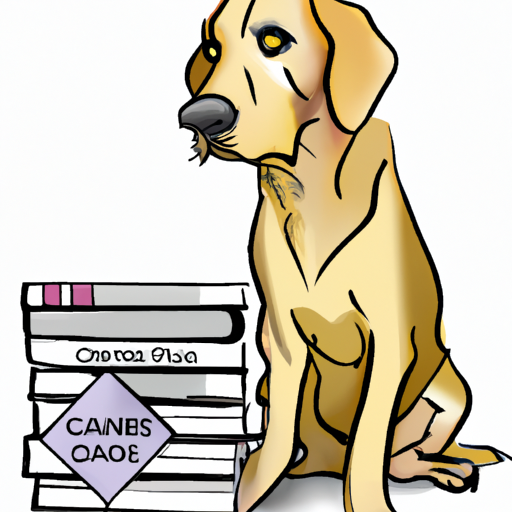Understanding Canine Cancer
First, let’s get one thing straight. You are not alone in this journey. Thousands of pet owners just like you are trying to understand why their beloved companions are affected by this dreaded disease. Cancer in dogs is more common than we’d like it to be, and it can be as complex and varied as in humans. The reasons are multifaceted, ranging from genetic predispositions to environmental factors.
Genetic Factors
-
Breed Predisposition: Some breeds are more prone to certain types of cancer. For instance, Golden Retrievers and Boxers are known to have a higher incidence of cancer compared to other breeds.
-
Age: Just like in humans, the risk of cancer increases with age in dogs.
-
Sex: Neutering or spaying dogs can reduce the risk of certain types of cancer, but it might increase the risk of others.
| Breed | Cancer Type |
|---|---|
| Golden Retriever | Lymphoma, Hemangiosarcoma |
| Boxer | Mast Cell Tumor, Brain Cancer |
Environmental Factors
Your dog’s surroundings play a significant role in their health. Exposure to second-hand smoke, certain pesticides, and some household cleaning products can increase the risk of your dog developing cancer.
Diet and Exercise
A balanced diet and regular exercise are crucial for your dog’s overall health. Obesity in dogs can lead to various health issues, including an increased risk of cancer. Here are some tips:
- Feed your dog a balanced, nutritious diet.
- Avoid overfeeding and monitor their weight.
- Ensure they get regular exercise.
Early Detection and Prevention
Early detection is key in managing cancer. Regular vet check-ups and being aware of any unusual changes in your dog’s behavior or body can help detect cancer early. Preventive measures can also be beneficial:
- Regular exercise and a healthy diet
- Limit exposure to harmful environmental factors
- Regular vet check-ups
FAQs
-
Can dogs get cancer at any age?
While cancer is more common in older dogs, it can occur at any age. -
Can my dog’s diet cause cancer?
There isn’t a direct link between diet and cancer, but an unhealthy diet can lead to obesity and other health issues, which can increase the risk of cancer. -
Does neutering or spaying prevent cancer?
Neutering or spaying can reduce the risk of certain types of cancer, but it might increase the risk of others. -
What are the symptoms of cancer in dogs?
Symptoms vary depending on the type of cancer, but common signs include unusual lumps, weight loss, lethargy, and changes in appetite. -
Can cancer in dogs be cured?
Treatment options and prognosis vary depending on the type and stage of cancer. Early detection and treatment can improve the outcome.



